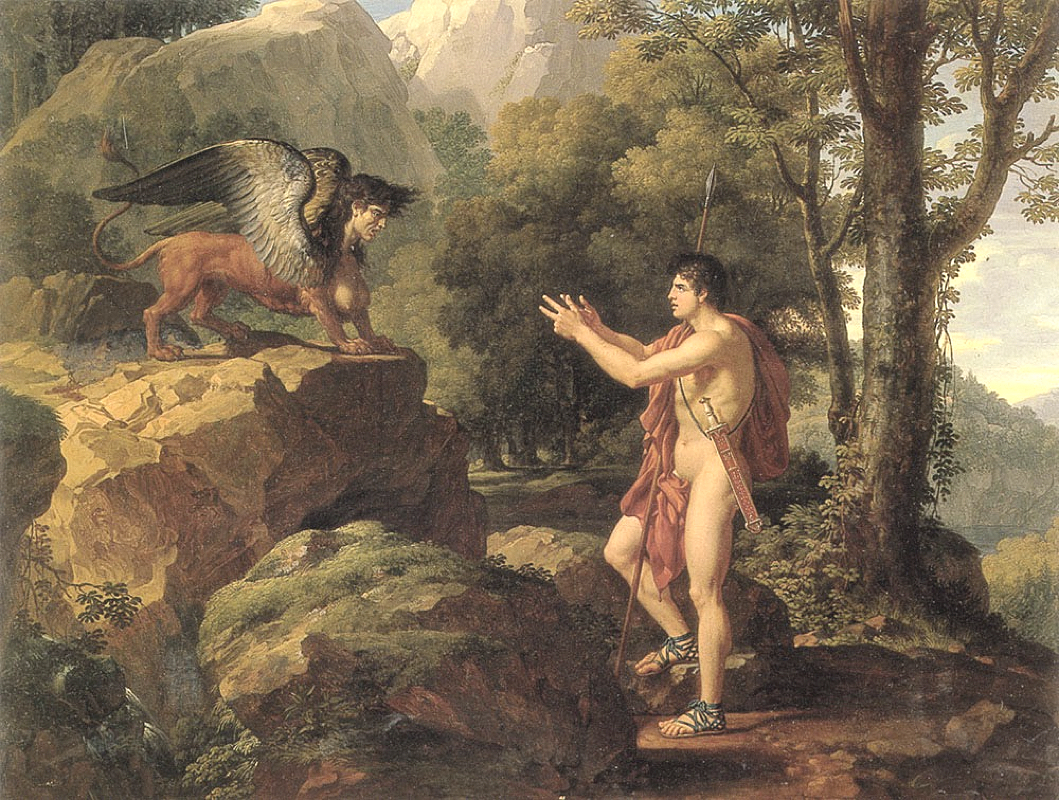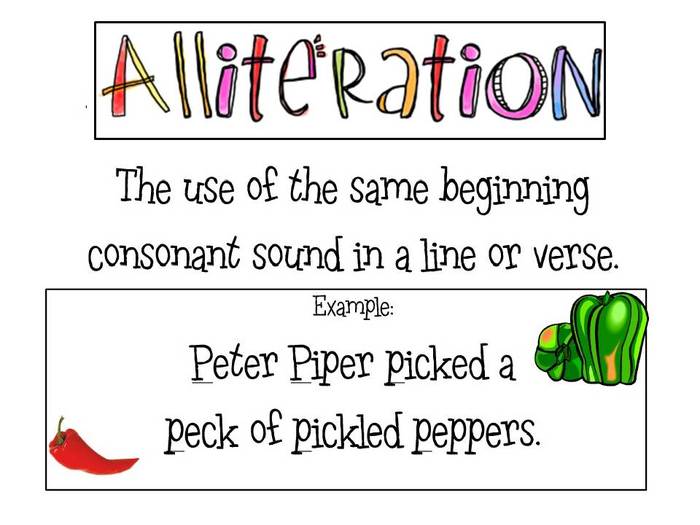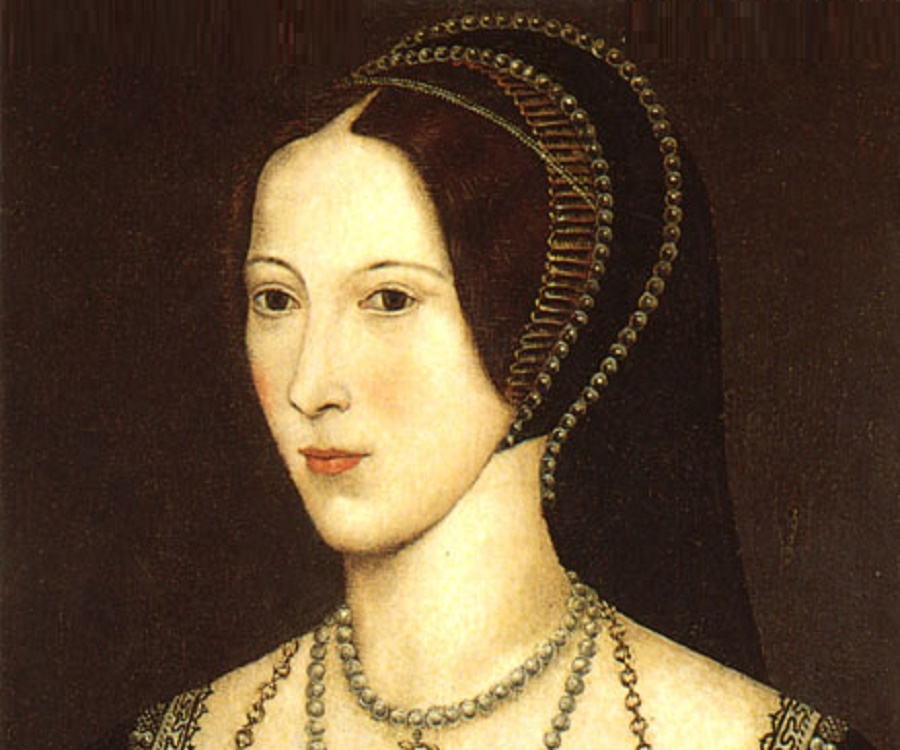Understanding the genre: drama
Drama.

The term "the drama" refers to "the dramatic branch of literature; the dramatic art". The term "drama" can refer to any kind of dramatic performance, including film, radio play, television play, and closet drama, however, this article is concerned solely with the enactment of a play in a theatre, performed by actors, on a stage, before an audience. Unlike other forms of a literature the structure of dramatic texts is directly influenced by this collaborative mode of production and a collective form of reception.
From Wikipedia, the free encyclopedia
Andrew Marvell.

Andrew Marvell (31 March 1621 - 16 August 1678)was an English metaphysical poet, satirist and politician who sat in the House of Commons at various times between 1659 and 1678. During the Commonwealth period he was a colleague and friend of John Milton. His poems range from the love song "To His Coy Mistress", to evocations of an aristocratic country house and garden in "Upon Appleton House" and "The Garden", he political address "An Horatian Ode upon Cromwell's Return from Ireland", and the later personal and political satires "Flecknoe" and "The Character of Holland".
From Wikipedia, the free encyclopedia
Carpe Diem.

Carpe diem is a Latin aphorism, usually translated "seize the day", taken from book 1 of the Roman poet Horace's work Odes (23 BC). Carpe is the second person singular present active imperative of carpō "pick or pluck" used by Horace to mean "enjoy, seize, use, make use of ". Diem is the accusative case of the noun dies "day". A more literal translation of "carpe diem" would thus be "pluck the day [as it is ripe]"- i.e., enjoy the moment.
From Wikipedia, the free encyclopedia
Gather Ye Rosebuds While Ye May (Waterhouse painting 1908) .

Gather Ye Rosebuds While Ye May is an oil painting on canvas created in 1908 by British Pre-Raphaelite artist, John William Waterhouse. It was the first of two paintings inspired by the 17th century poem "To the Virgins, to Make Much of Time" by Robert Herrick which begins.
From Wikipedia, the free encyclopedia
To the Virgins, to Make Much of Time.

"To the Virgins, to Make Much of Time" is a poem written by English Cavalier poet Robert Herrick in the 17th century. The poem is in the genre of carpe diem, Latin for seize the day. First published in 1648 as number 208 in a volume of verse entitled Hesperides, it is perhaps one of the most famous poems to extol the notion of carpe diem. Carpe diem expresses a philosophy that recognizes the brevity of life and therefore the need to live for and in the moment. The phrase originates in Horace's Ode 1.11.
From Wikipedia, the free encyclopedia
APA Style.
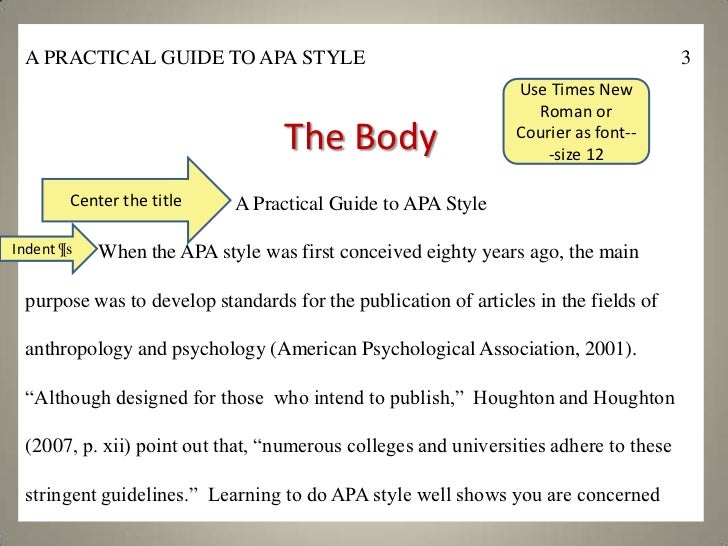
Citation in APA style, as commended by the American Psychological Association:
- Plagiarism. (n.d). In Wikipedia. Retrieved August 10, 2004 ,from http://en.wikipedia.org/wiki/Plagiarism Note that in APA 5th Edition style, the following rules apply for the reference:
- For reference books, which includes encyclopedias,dictionaries, and glossaries, the book title is preceded by the word In. It is not italicized, but the book title following it is.
- No punctuation follows the URL.
From Wikipedia, the free encyclopedia
MLA Style.

Citation in MLA style, as recommended by the Modern Language Association:
- "Plagiarism." Wikipedia: The Free Encyclopedia. Wikimedia Foundation, Inc.22 July 2004. Web. 10 Aug. 2004.
Note that MLA style calls for both the date of publication (or its latest update) and the date on which the information was retrieved. According to the most recent edition of the MLA Handbook, there is now information required about any foundation involved. Also note that many schools/ institutions slightly change the syntax.
From Wikipedia, the free encyclopedia
Vocabulary.
1. Grating: 光柵;摩擦,摩擦聲;格子

2. Melancholy: 憂鬱的;使人悲傷的

3. Ignorant Armies: 無知的軍隊

4. Clash: (金屬撞擊的)噹噹聲,鏗鏘聲,衝突

5. Succeed: 繼... 之後;接著發生

6. Prime: 全盛時期;最好的;使準備好

7. Conversion: 轉換;改變信仰


















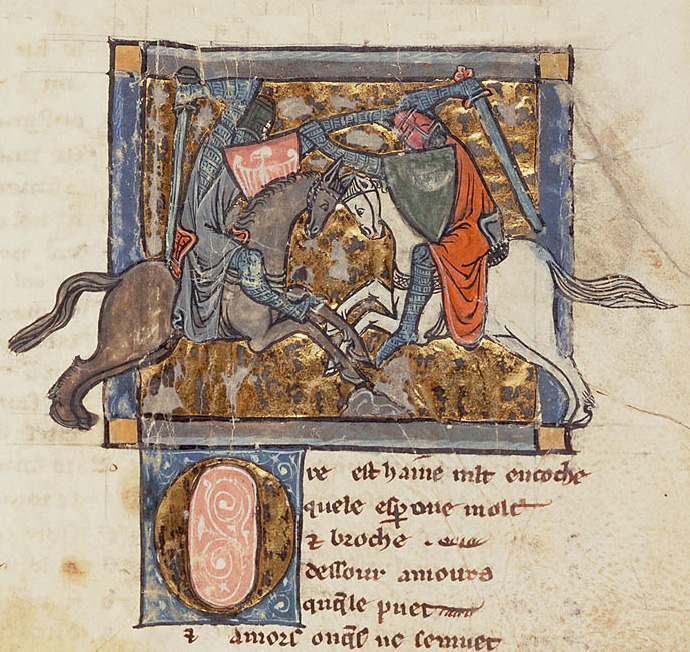



_-_Temptation_(1880).png)






